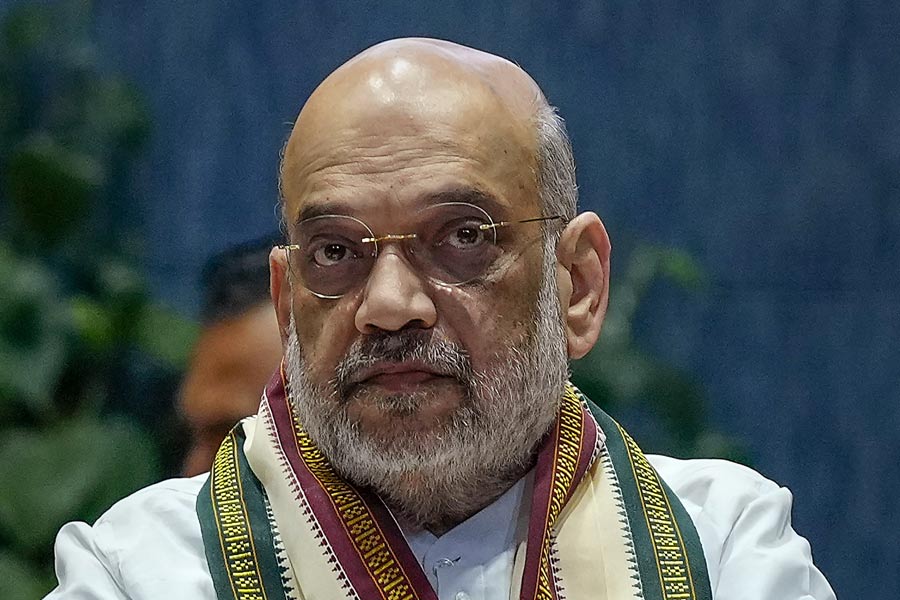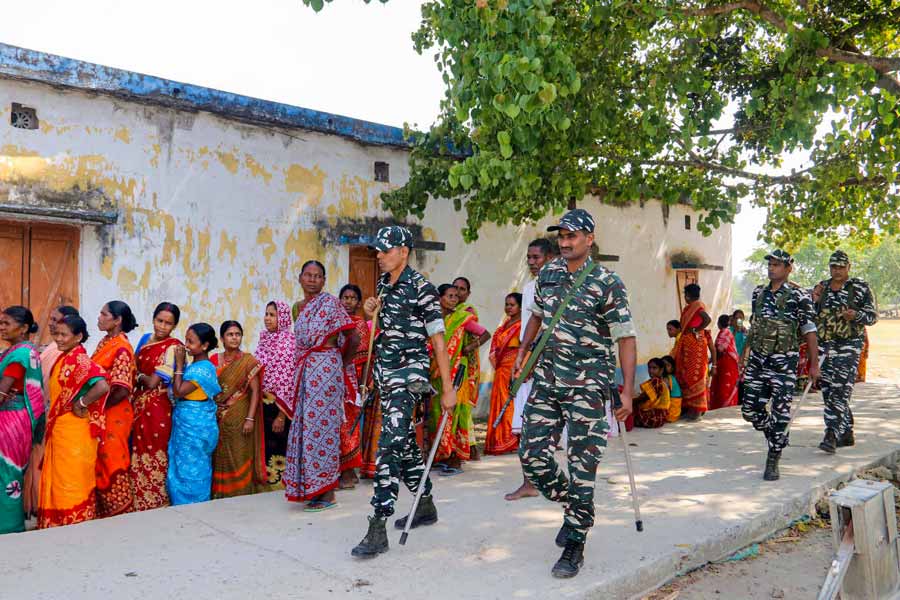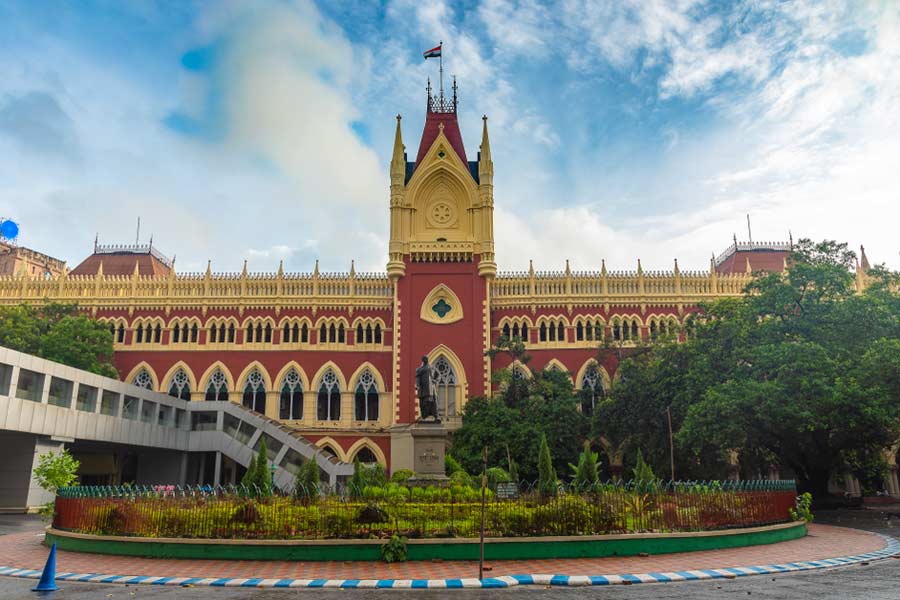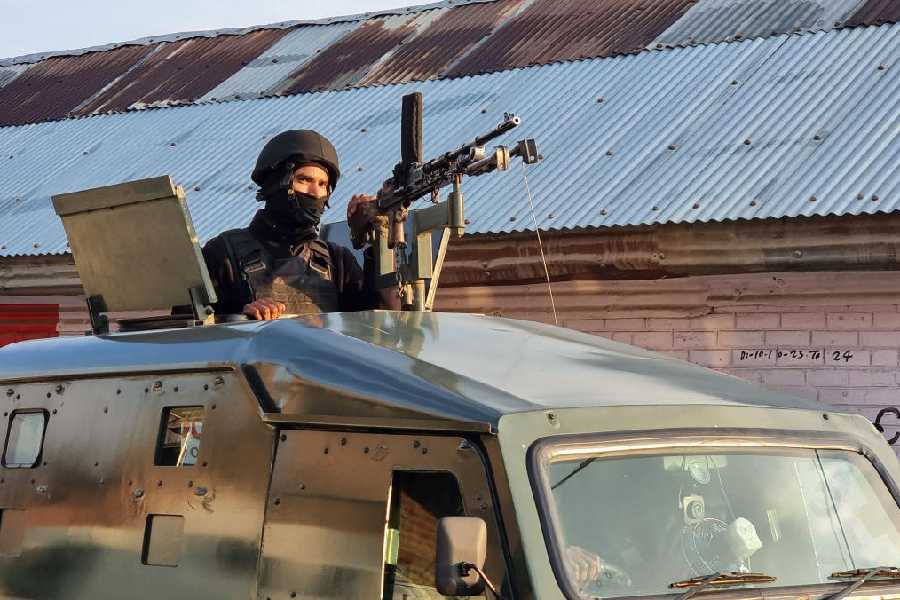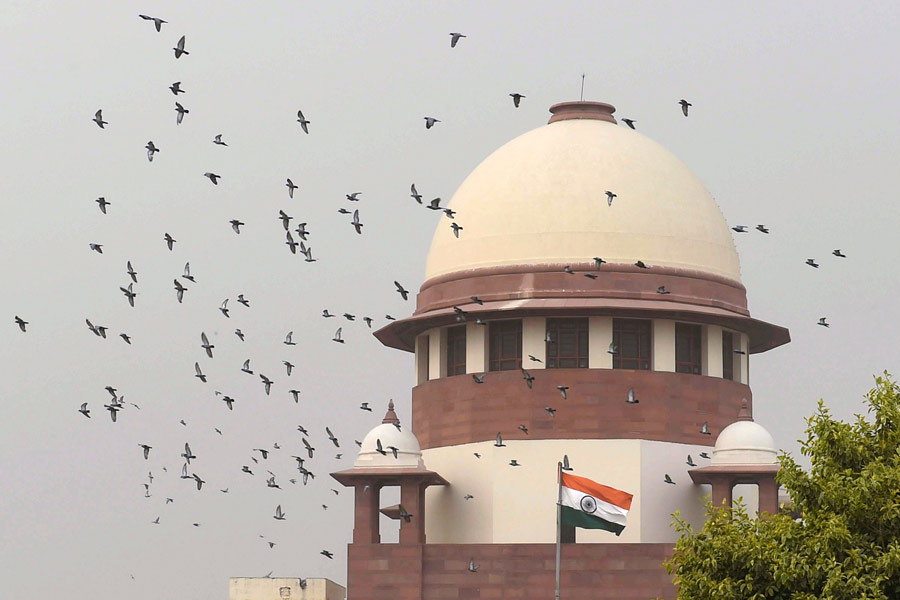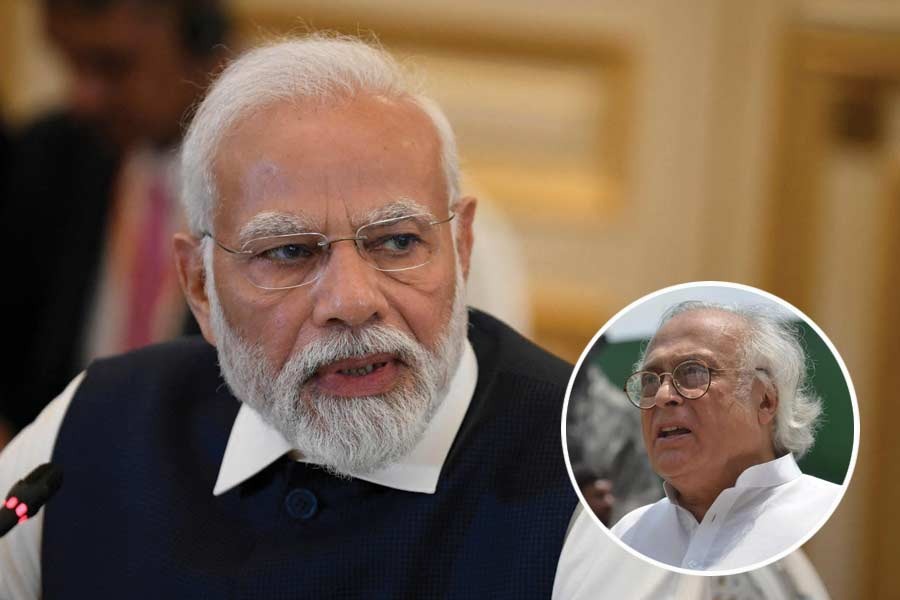The Supreme Court on Wednesday commuted to a life term the death sentence handed to a man convicted of killing six members of a family in Kerala on the ground that he came from a poor socio-economic background.
M.A. Antony aka Antappan had used a knife, an axe, electrocution and strangulation to kill the six at their home in Ernakulam district on January 6 night in 2001 during a botched robbery bid. The family had refused to shoulder Antony’s expenses so that he could go abroad in search of livelihood.
The killing spree stretched over two hours. Antony killed Kochurani and Clara around 10 pm and Augustine, his wife Mary and their children, Divya and Jesmon, around midnight.
The Ernakulam sessions court sentenced Antony to death in January 2005. Kerala High Court upheld the sentence on September 18, 2006, observing that the crime was cruel and diabolical.
It said Antony had no respect, care or mercy for human life and his existence was most dangerous to society. The Supreme Court dismissed Antony’s appeal on April 22, 2009, and his review petition on April 12, 2010.
But there was a delay in executing him, and Antony petitioned the top court again citing a five-judge ruling of 2013 that said all appeals against death sentences must be heard by a three-judge bench, against the existing practice of two judges hearing them.
The 2013 judgment had also held that all death-row convicts could appeal for review before a three-judge bench.
The three-judge bench of Justices Madan B. Lokur, Abdul Nazeer and Deepak Gupta partially allowed Antony’s latest review petition. They ruled that while handing the death penalty, the courts must consider the socio-economic condition of the convict, including how much access he had to legal help.
Many accused from poor families cannot afford defence counsel and have to turn to the government legal services, which try their best but “sometimes fall short of expectations”, the judgment said.
“That the poor are more often than not at the receiving end in access to justice and access to the remedies available is evident from a fairly recent report prepared by the Supreme Court Legal Services Committee which acknowledges, through Project Sahyog, enormous delays in attending to cases of the poor and the needy,” it said.
“Quality legal aid to the disadvantaged and weaker sections of society is an area that requires great and urgent attention and we hope that a vigorous beginning is made in this direction in the new year.”
The court noted that Antony had been working as a driver and trying to get employment in the Gulf. He had arranged for a visa and raised Rs 25,000 out of the Rs 62,000 his agent had demanded.
“He continued making attempts to raise the amount. His economic condition was so severe that for the purposes of going to (the) Gulf he had to proceed from Ernakulam to Mumbai by train and while he could manage to purchase the ticket, he was unable to pay for reservation charges. Under these circumstances, he had gone to the house of the deceased family for getting money or by stealing it or by grabbing it by any other means,” the judgment said.
“It is under this financial and economic stress that his presence in the house of the deceased family was explained. But unfortunately for him and the deceased family, he was unable to obtain any funds from them and this led to his decision to kill all of them.
“We find that there was no material whatsoever to come to the conclusion that the gravity of the crime caused revulsion in the society or that it had materially disturbed normal life in the society.”
The apex court added: “While the socio-economic condition of a convict is not a factor for disproving his guilt, it is a factor that must be taken into consideration for the purposes of awarding an appropriate sentence.”


